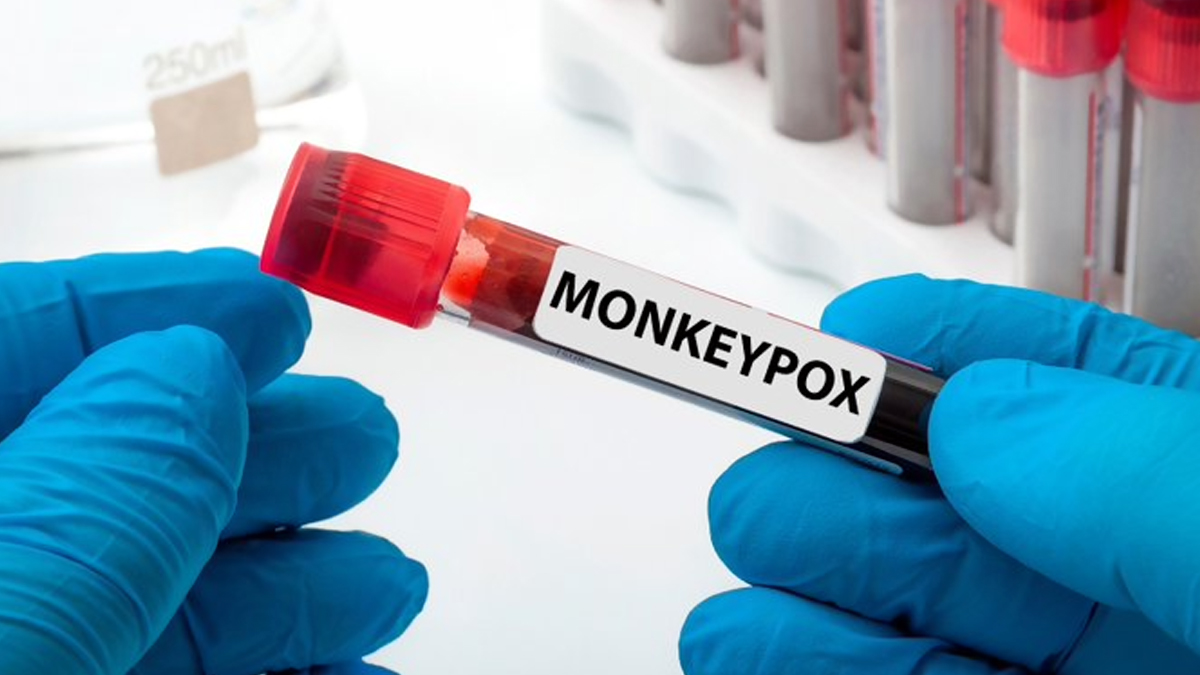Thailand has become the first country in Asia to report a confirmed case of a new, more dangerous strain of mpox. The patient, a 66-year-old European, arrived in Bangkok on August 14 and was subsequently hospitalized after displaying symptoms consistent with the disease.
The Department of Disease Control announced on Thursday, August 22, that laboratory tests had confirmed the patient was infected with the mpox Clade 1b strain, a variant known for its increased transmissibility and mortality rate.
“Thailand’s Department of Disease Control wishes to confirm the lab test result which shows mpox Clade 1b in a European patient,” the department stated, adding that the World Health Organization (WHO) would be informed of the development.
In response to the confirmed case, the Thai government has implemented stricter health measures. Travelers arriving from 42 “risk countries” are now required to register and undergo testing upon arrival in Thailand.
Mpox, a viral disease traditionally transmitted by infected animals but also spread through close human-to-human contact, has experienced a surge in cases and fatalities in Africa, particularly in the Democratic Republic of Congo, Burundi, Kenya, Rwanda, and Uganda since July. The World Health Organization has declared the new Clade 1b variant a global public health emergency, urging vaccine manufacturers to accelerate production to combat the outbreak.
According to WHO data, Clade 1b has been reported to cause death in approximately 3.6% of cases, with children being particularly vulnerable. Despite the strain’s severity, Thai health officials, including Thongchai Keeratihattayakorn, head of the Department of Disease Control, emphasized that mpox is less likely to spread rapidly compared to Covid-19, due to the requirement for close physical contact for transmission.
The confirmation of this case in Thailand marks a significant development in the ongoing global mpox outbreak, raising concerns about the potential spread of the deadlier Clade 1b strain in Asia.



